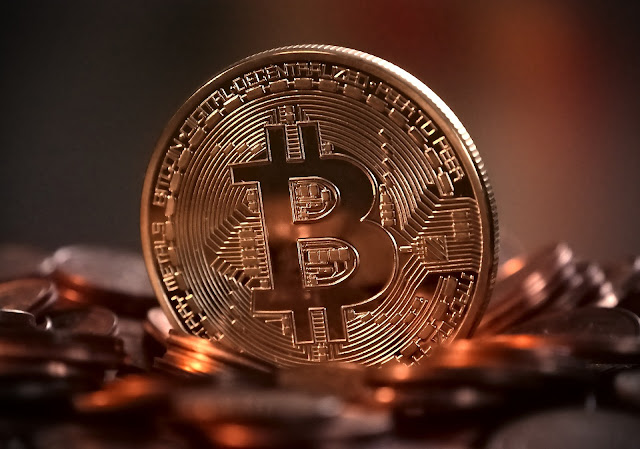All about bitcoin | Bitcoin History | Bitcoin - cryptocurrency
Bitcoin is a decentralized digital currency that operates on a peer-to-peer network. It was created in 2009 by an anonymous person or group of people using the pseudonym Satoshi Nakamoto. Unlike traditional currencies, which are controlled by central authorities such as governments and banks, Bitcoin operates on a decentralized network powered by its users.
One of the key features of Bitcoin is its use of blockchain technology. A blockchain is a public ledger of all Bitcoin transactions that have ever taken place. Each block in the blockchain contains a record of several transactions, and once a block is added to the blockchain, the information it contains is permanent and cannot be altered. This makes the blockchain an secure and transparent record of all Bitcoin transactions.
Another key feature of Bitcoin is its mining process. Mining is the process of using specialized computer hardware to verify and record Bitcoin transactions on the blockchain. Miners are incentivized to participate in the mining process by being awarded newly minted bitcoins for their efforts. The total number of bitcoins that will ever exist is capped at 21 million, and as more bitcoins are mined, the mining process becomes more difficult and requires more computing power.
In order to use Bitcoin, individuals must first obtain a Bitcoin wallet. A wallet is a software program that allows users to send, receive, and store bitcoins. Wallets can be stored on a user's computer, on a third-party server, or on a mobile device.
The value of Bitcoin is determined by supply and demand on cryptocurrency exchanges, where individuals can buy and sell the cryptocurrency. Like other investments, the price of Bitcoin can be volatile, and its value can fluctuate rapidly. Despite this volatility, many individuals see Bitcoin as a store of value and a way to achieve financial freedom, as it operates outside of the control of governments and central authorities.
In addition to its decentralized and secure nature, Bitcoin has also paved the way for other cryptocurrencies and digital assets to emerge. The initial release of Bitcoin was followed by the creation of numerous other cryptocurrencies, collectively referred to as altcoins. These altcoins often make use of similar technology to Bitcoin, but with variations in design, consensus mechanisms, and use cases.
The advent of Bitcoin and other cryptocurrencies has also led to the development of Initial Coin Offerings (ICOs), a new way for startups and companies to raise capital by issuing tokens that represent ownership or rights to a project or asset.
Another important aspect of Bitcoin is its cryptography, which is used to secure the transactions and maintain the integrity of the blockchain. Cryptography allows for secure communication and data transfer, and it is what makes Bitcoin a truly secure and decentralized currency.
Finally, the concept of HODLing, or Holding On for Dear Life, has become a popular strategy among Bitcoin investors. HODLing refers to the act of buying and holding onto Bitcoin for the long term, despite market fluctuations and price swings, in the belief that its value will increase over time.
In conclusion, Bitcoin has had a significant impact on the financial world and has introduced a new paradigm for currency, payments, and investment. Its decentralized and secure nature, as well as its impact on the development of other digital assets, has made it a game-changer in the world of finance, and its influence will likely continue to grow in the years to come.
In conclusion, Bitcoin is a decentralized digital currency that operates on a peer-to-peer network and uses blockchain technology to maintain a secure and transparent ledger of all transactions. Despite its volatility, it remains a popular investment option for many individuals who see it as a means of achieving financial freedom and a way to store value outside of the traditional financial system.



Comments
Post a Comment